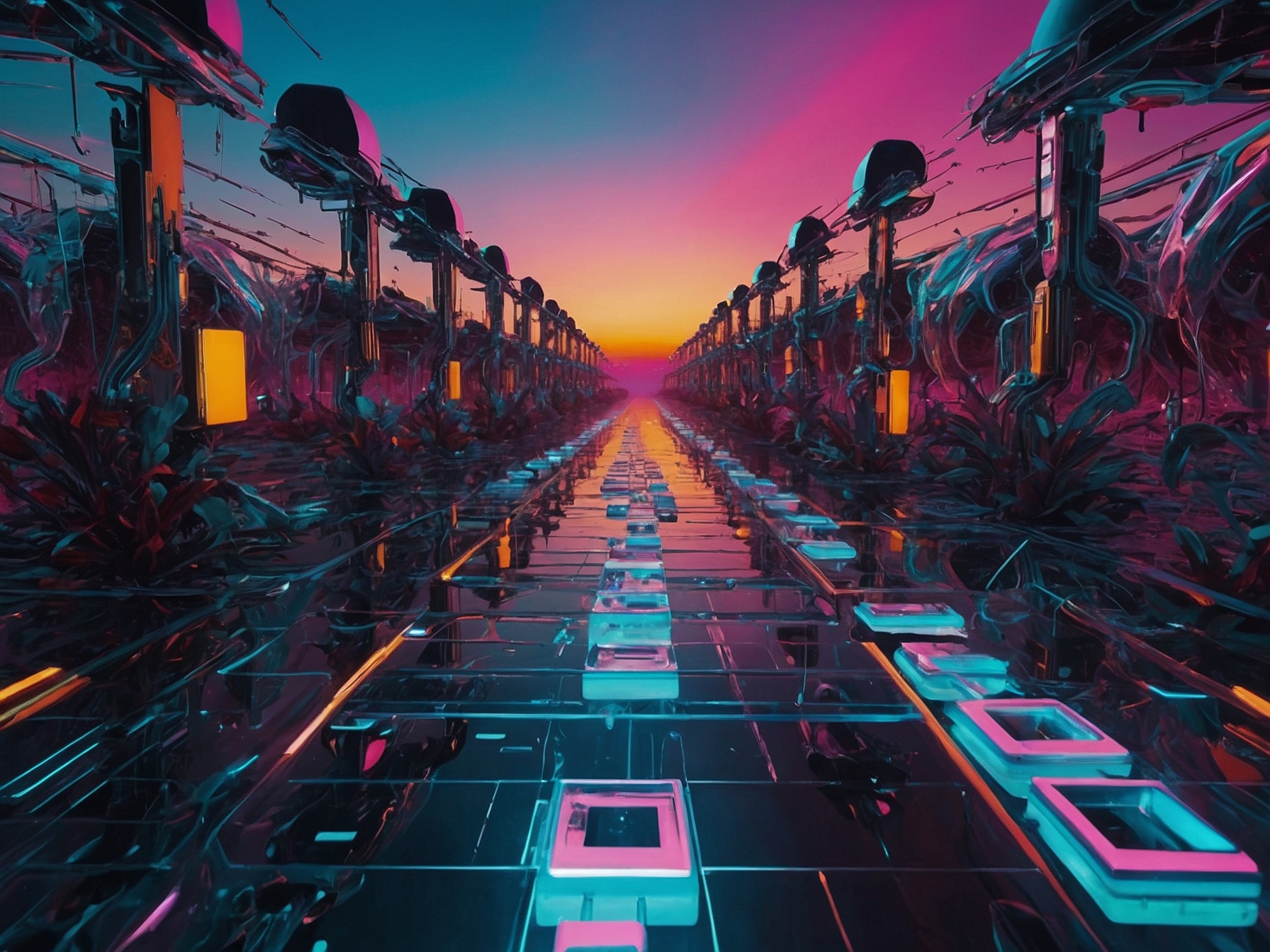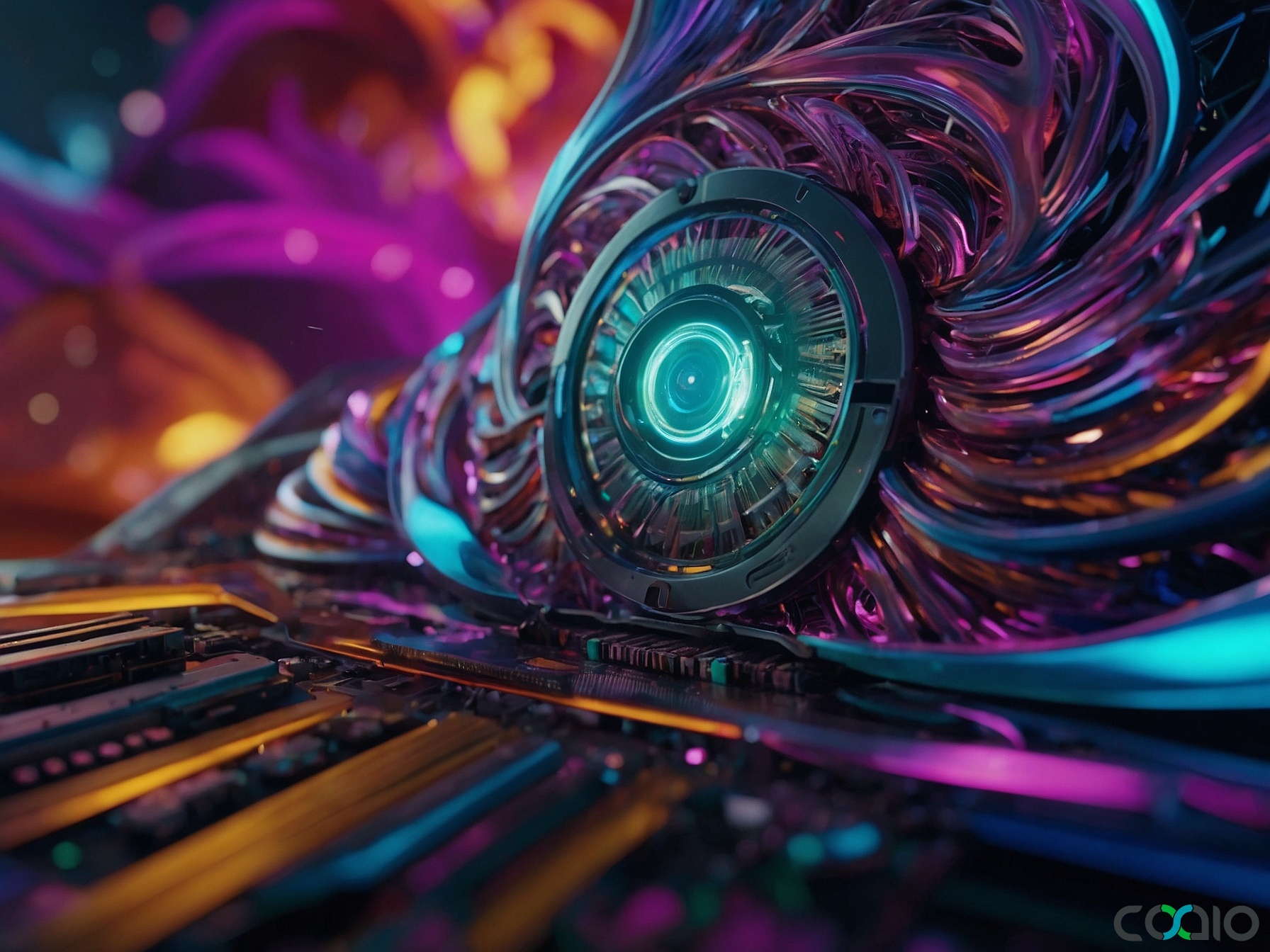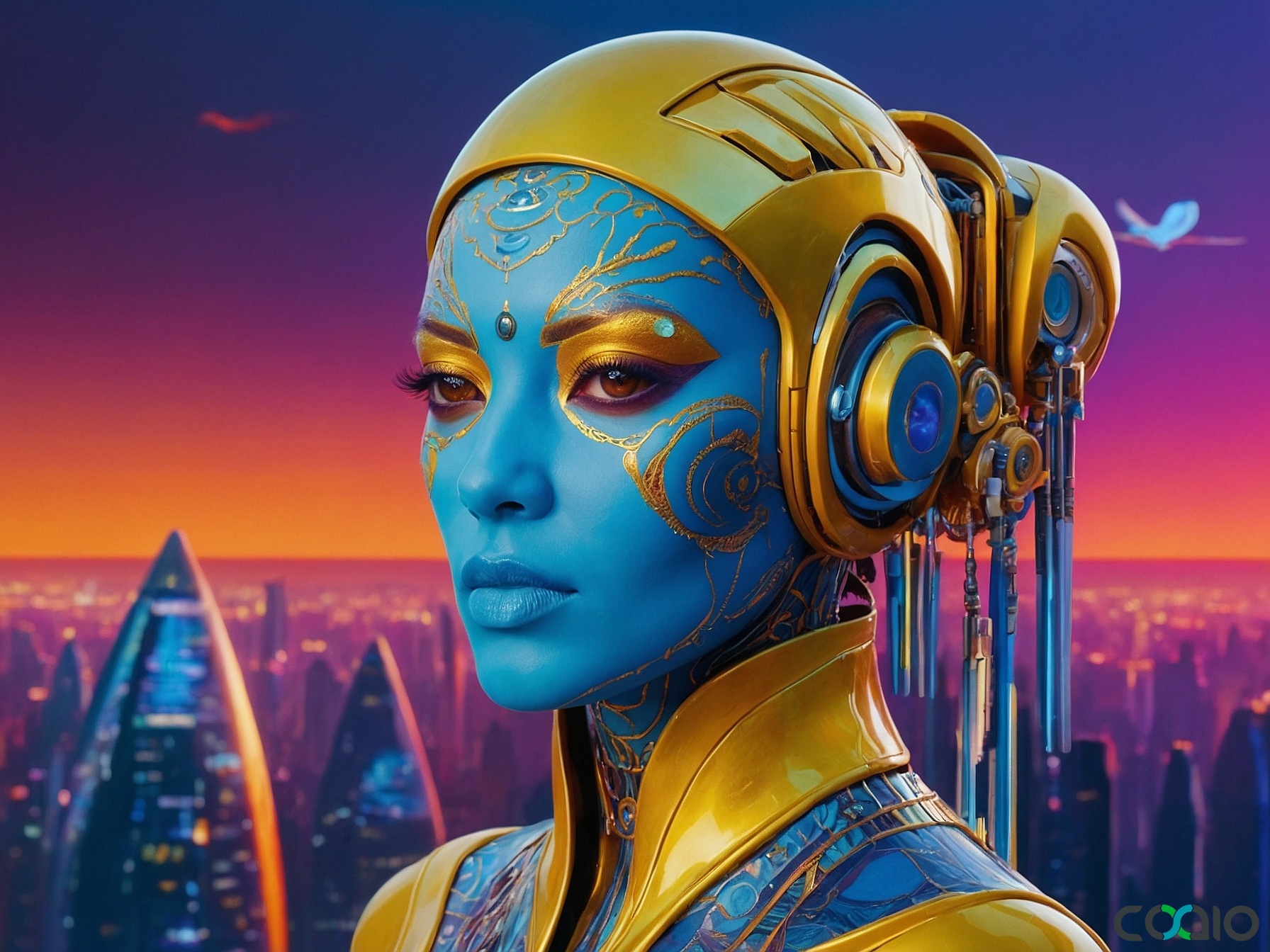
AI がソフトウェア開発を革新:Microsoft、Anthropic、OpenAI からの 2025 年 10 月の主要な更新
As we dive into the latest developments in the tech world on October 4, 2025, the software development landscape is buzzing with groundbreaking innovations. From AI-driven frameworks to strategic acquisitions, companies are pushing boundaries to make coding faster, more efficient, and accessible. This article explores the most significant news stories from the past few days, highlighting how these advancements could reshape the industry. We’ll cover Microsoft’s new Agent Framework, Anthropic’s latest AI model, OpenAI’s moves in personalized AI, and more, while drawing connections to practical applications for developers and businesses.
Microsoft’s Agent Framework: A Game-Changer for AI Workflows
Microsoft’s recent announcement of the preview for its Agent Framework marks a pivotal moment in software development tools. According to SD Times, this open-source development kit is designed for .NET and Python environments, enabling developers to create AI agents and multi-agent workflows with ease. The framework allows for building individual agents or complex graph-based systems that connect multiple agents, serving as a successor to Microsoft’s earlier projects like Semantic Kernel.
This tool is particularly exciting because it simplifies the creation of intelligent systems that can handle tasks autonomously. For instance, developers can now design agents that automate routine processes, such as data analysis or customer interactions, reducing the need for manual coding. The framework’s flexibility makes it ideal for enterprises looking to integrate AI into their existing software stacks. As AI becomes more embedded in everyday applications, tools like this could accelerate development cycles, potentially cutting costs and improving accuracy.
One of the standout features is its support for multi-agent workflows, which allows agents to collaborate in real-time. Imagine a scenario where one agent handles natural language processing while another manages data retrieval—Microsoft’s framework makes this orchestration straightforward. This could be a boon for startups aiming to build scalable applications without a large in-house team. The preview was released on October 2, 2025, and it’s already generating buzz in developer communities for its potential to democratize AI development.
Anthropic’s Claude Sonnet 4.5: Dominating the Coding Arena
Shifting gears to AI models, Anthropic has made waves with the release of Claude Sonnet 4.5, which the company boldly claims is the “best coding model in the world.” As detailed in SD Times, this model excels in software engineering tasks, achieving an impressive 77.2% on the SWE-bench benchmark. This positions it as a top choice for developers tackling complex coding challenges, especially in building agents and automated systems.
Claude Sonnet 4.5 stands out for its ability to generate high-quality code across various programming languages and scenarios. For example, it can assist in writing efficient algorithms, debugging errors, or even suggesting optimizations based on best practices. This level of performance could revolutionize how teams approach project development, particularly in AI-driven applications. The model’s strength in creating “complex agents” aligns with the growing demand for sophisticated software that can handle real-world variability.
In the context of September 2025 AI updates, Anthropic’s release is part of a broader trend where AI is being fine-tuned for specific industry needs. Developers can leverage this model to prototype ideas quickly, potentially shortening time-to-market for new products. With AI tools like Claude Sonnet 4.5 becoming more accessible, even non-expert users can participate in software creation, fostering innovation in diverse sectors from fintech to healthcare.
OpenAI’s Strategic Acqui-Hire: Pushing Personalized AI Forward
OpenAI is not sitting idle amid this AI frenzy. On October 3, 2025, the company announced an acqui-hire of the CEO from Roi, an AI-powered financial companion app, as reported by TechCrunch. This move signals OpenAI’s commitment to enhancing its capabilities in personalized consumer AI, particularly for applications that boost revenue through tailored user experiences.
The acquisition means Roi will discontinue its services, with its team integrating into OpenAI to focus on consumer-facing AI products. This strategy underscores the competitive race in AI, where companies are acquiring talent to innovate faster. Personalized AI, such as virtual assistants that adapt to individual user behaviors, could transform software development by making apps more intuitive and engaging. For instance, in financial tech, AI could automate budgeting or investment advice, creating seamless user interactions.
This development highlights the broader implications for software developers: as AI personalization becomes standard, there’s a need for robust frameworks to handle data privacy and ethical considerations. OpenAI’s approach could inspire new tools that integrate personalization into everyday software, helping businesses retain users and drive growth.
Emerging AI Hardware: Naveen Rao’s Startup Challenges Nvidia
Adding another layer to the software development ecosystem, former Databricks AI chief Naveen Rao is launching a new AI hardware startup, aiming for a $5 billion valuation with backing from Andreessen Horowitz (a16z), according to TechCrunch. The startup is raising $1 billion to create an Nvidia rival through innovative hardware designs that optimize AI workloads.
This news is crucial because hardware plays a foundational role in software performance. Rao’s approach focuses on novel methods to accelerate AI computations, potentially making software development more efficient by reducing latency and energy consumption. For developers, this could mean faster training of models and smoother deployment of applications, especially in resource-intensive fields like machine learning.
The startup’s potential to disrupt the market echoes the rapid evolution of AI infrastructure. As software increasingly relies on powerful hardware, innovations like this could lower barriers for smaller teams, enabling them to compete with tech giants. This story from October 3, 2025, adds to the narrative of a diversified AI landscape, where hardware advancements directly influence software capabilities.
The Bigger Picture: How These Trends Impact Software Development
These stories collectively paint a picture of an industry accelerating towards AI integration. From Microsoft’s tools to Anthropic’s models and OpenAI’s strategies, the focus is on making software more intelligent and user-centric. However, this rapid pace also brings challenges, such as ensuring security and addressing the skills gap in emerging technologies.
For instance, the Ars Technica report on ACA tax credits, while not directly related to software, highlights the intersection of tech and policy. Without extensions, rising premiums could affect tech workers’ access to healthcare, indirectly impacting innovation by straining resources for developers.
In this evolving environment, teams can benefit from streamlined processes that allow them to focus on core ideas rather than technical hurdles. By leveraging advanced tools, developers can prototype, test, and deploy software faster, turning bold concepts into reality with less risk.
As we wrap up this overview, let’s reflect on a vision that aligns perfectly with these advancements: imagine a world where innovative ideas drive success, not the complexities of building from scratch. This is about creating software that empowers visionaries to bring their concepts to life efficiently, minimizing risks and maximizing impact through smart, collaborative development.
About Coaio
Coaio Limited is a Hong Kong-based tech firm that specializes in outsourcing software development and building expert teams in Vietnam. We offer comprehensive services including business analysis, competitor research, risk identification, design, development, and project management, delivering cost-effective, high-quality software solutions with user-friendly designs for startups and growth-stage companies, particularly in the US and Hong Kong markets. By partnering with us, you can streamline your development process, reduce costs, and focus on your core vision, allowing your business to thrive with minimal wasted resources.
 English
English
 Français
Français
 Español
Español
 廣東話
廣東話
 中文
中文
 日本語
日本語
 한국어
한국어
 العربية
العربية
 Deutsch
Deutsch
